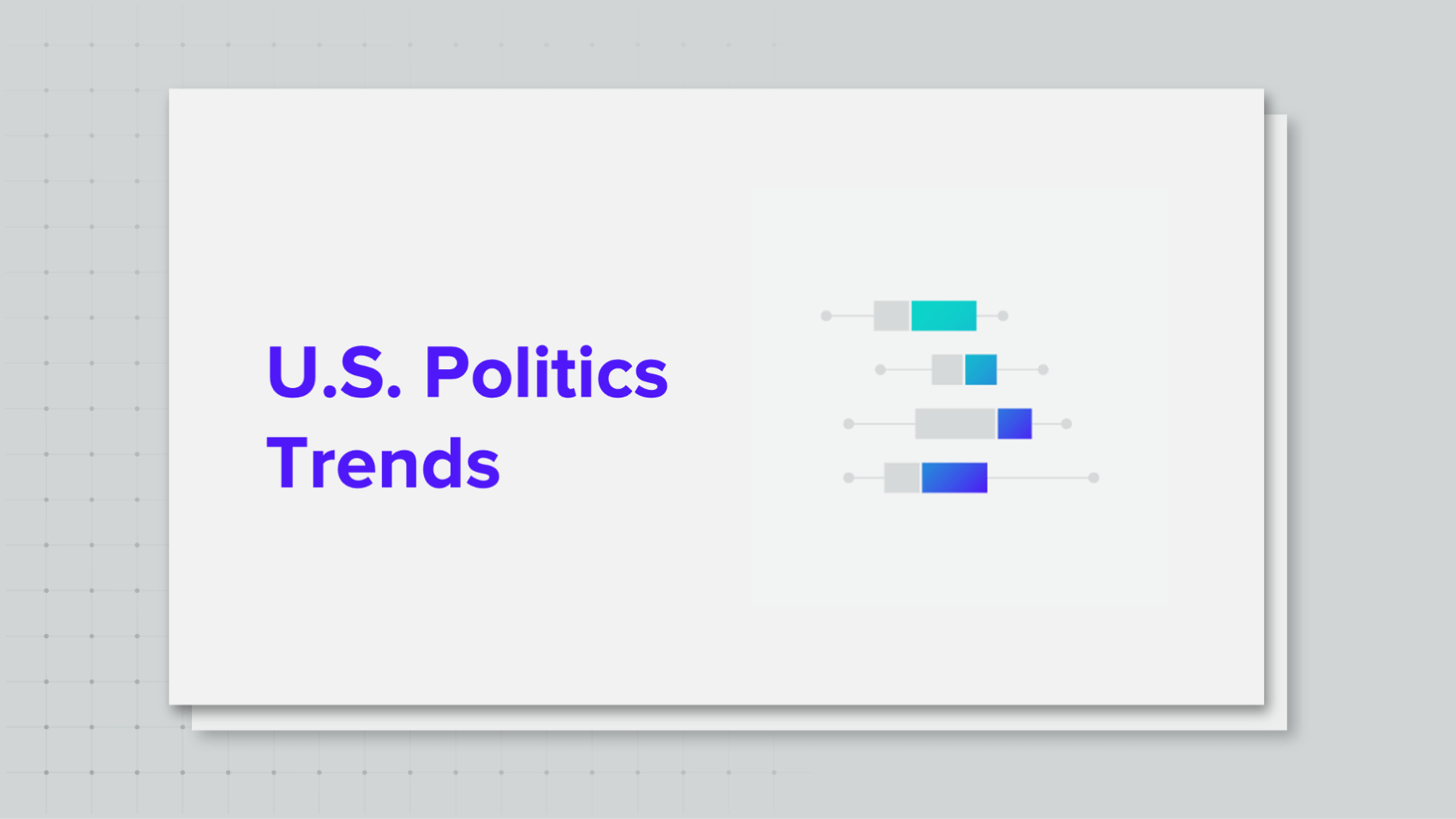“The Americans were fluent and assertive with language about democracy and liberty while many Europeans were still talking the language of protecting the competitive process,” said the event’s organizer, Cristina Caffarra, a competition economist, in an interview afterward. That “feels entirely inadequate to the task.”
In antitrust, this is new — and thanks to a series of energetic appointments by President Joe Biden and a maturing European landscape, it has become a global dynamic that companies are forced to pay attention to.
“The EU and U.S. are largely aligned, but right now, the posture of U.S. enforcers is much more direct and aggressive,” Tommaso Valletti, the former head antitrust economist at the European Commission who is now a professor at the Imperial College London, said in an interview.
“They are talking to people across the country, which is something that doesn’t happen in the EU, and pushing themselves to the limit of what the law allows them to do,” Valletti said. “I didn’t see that same posture” from the Europeans at the conference, noting that’s in part because of the upcoming EU parliamentary elections.
As the global push against corporate growth has picked up over the past several years, its momentum has shifted from Europe, to Britain, and now the United States, where Biden’s appointees have embraced a muscular version of corporate restraint.
Regulators on both sides of the Atlantic see themselves as largely aligned on a common outcome: reining in the power of digital titans like Google, Apple and Amazon. They’re in regular contact, cooperate on investigations and frequently speak in public together.
But gaps have also been opening.
At the conference in Brussels, Olivier Guersent, a senior European antitrust official, kicked off a controversy — one he started while his boss, EU antitrust head Margrethe Vestager, was in the U.S. — that’s still playing out in the
pages of the Financial Times. In an interview alongside the German European Parliament member Andreas Schwab, he argued that no radical departure from the status quo was needed — and that competition enforcement was merely a “side dish” to other policy areas. “None of this has to do with competition,” he said, referring to those other policy areas.
That prompted rebuttals throughout the day as regulators and others distanced themselves from the idea that competition wasn’t their top priority.
“Competition underlies and is implicated by all the work of government,” said Democratic FTC Commissioner Rebecca Kelly Slaughter. “And we’re either going to do that with open eyes thinking about the competition, the effects of different government policies and choices, or we’re going to do that with our eyes closed.”
Johnny Ryan, with the Irish Council for Civil Liberties, had lobbied a more direct attack at the EU: “We have to make sure that the next commission does not regard its job with competition as merely a side dish.”
For his part, Schwab — who in 2014
introduced a nonbinding resolution to break up Google — is supportive of more interventionist measures, but said industrial policy in the EU is always struggling with the interests of the different member countries, and the limitations are enshrined in the European Union treaty.
“Generally there is quite a similar view on things. The Americans and Europeans both see a need to curb the dominance of the platforms, including mergers, and especially these killer acquisitions,” he said in an interview. The limitations are “nearly impossible to overcome, but we try to muddle through.”




